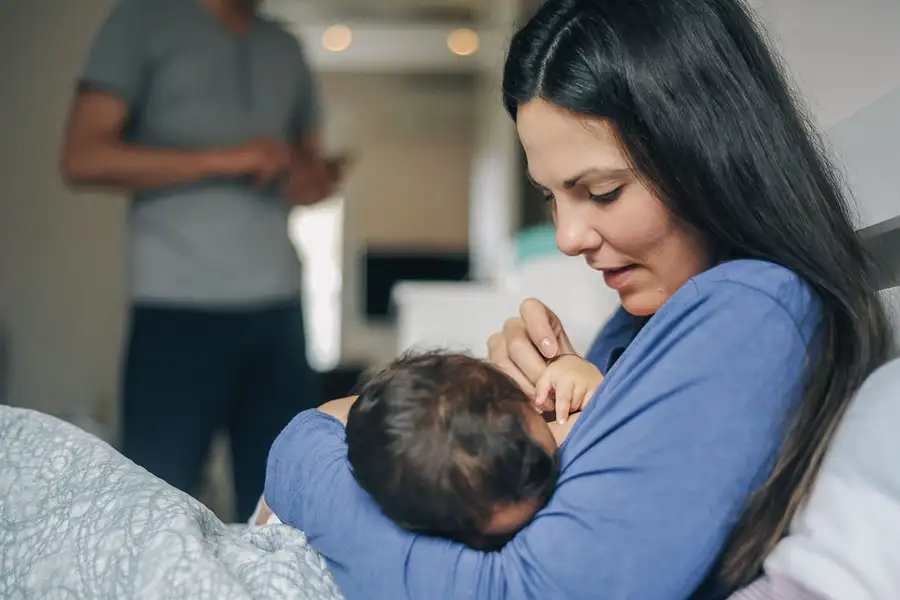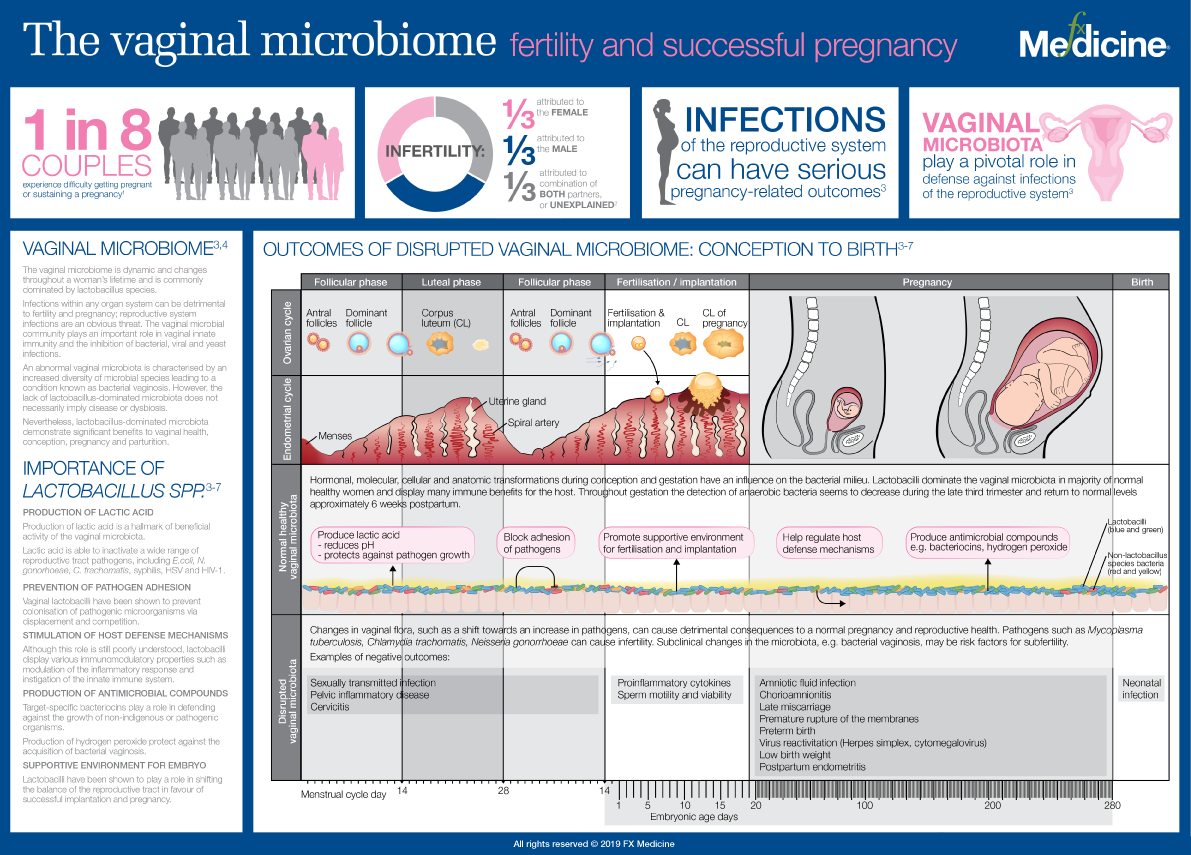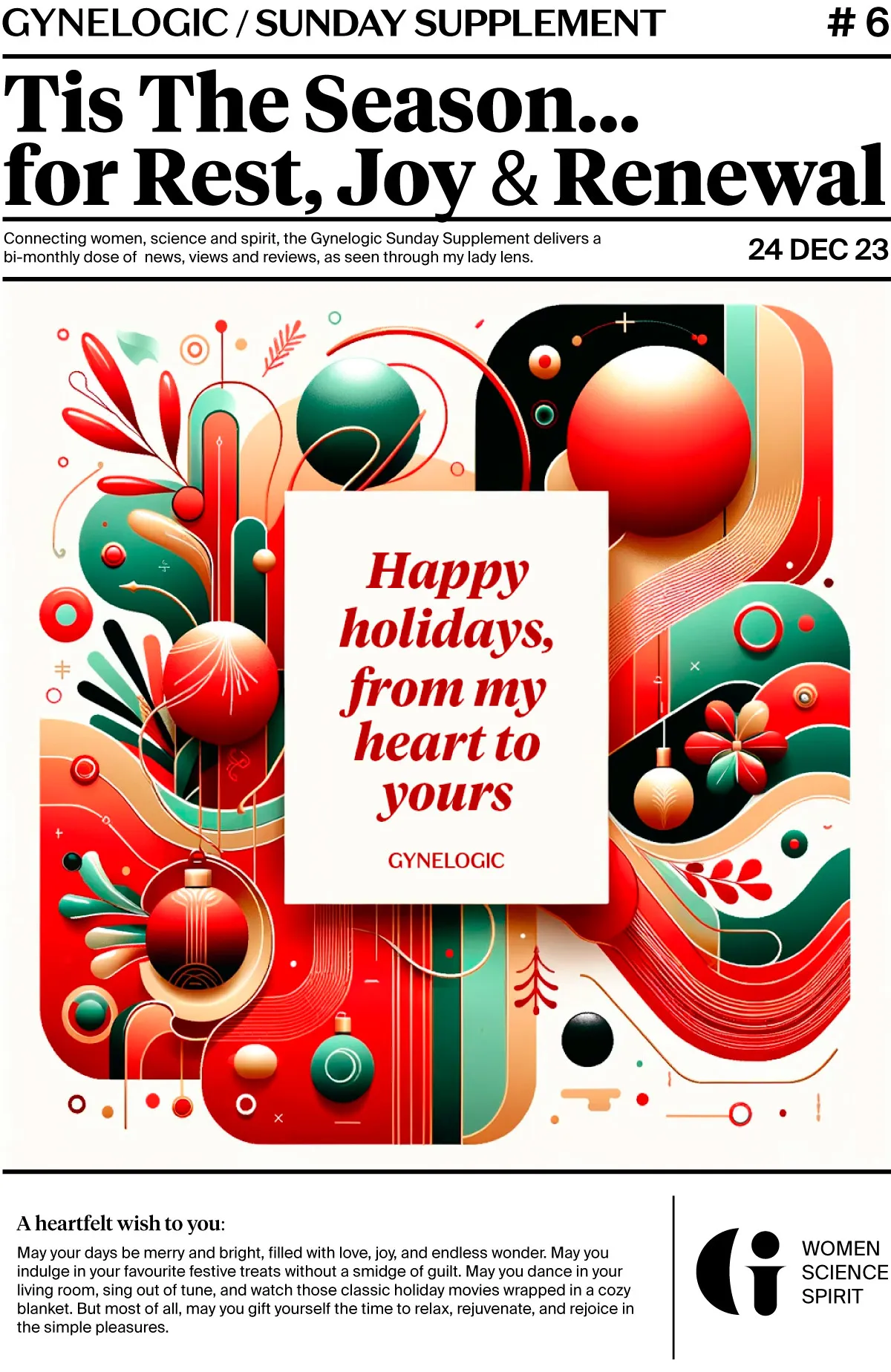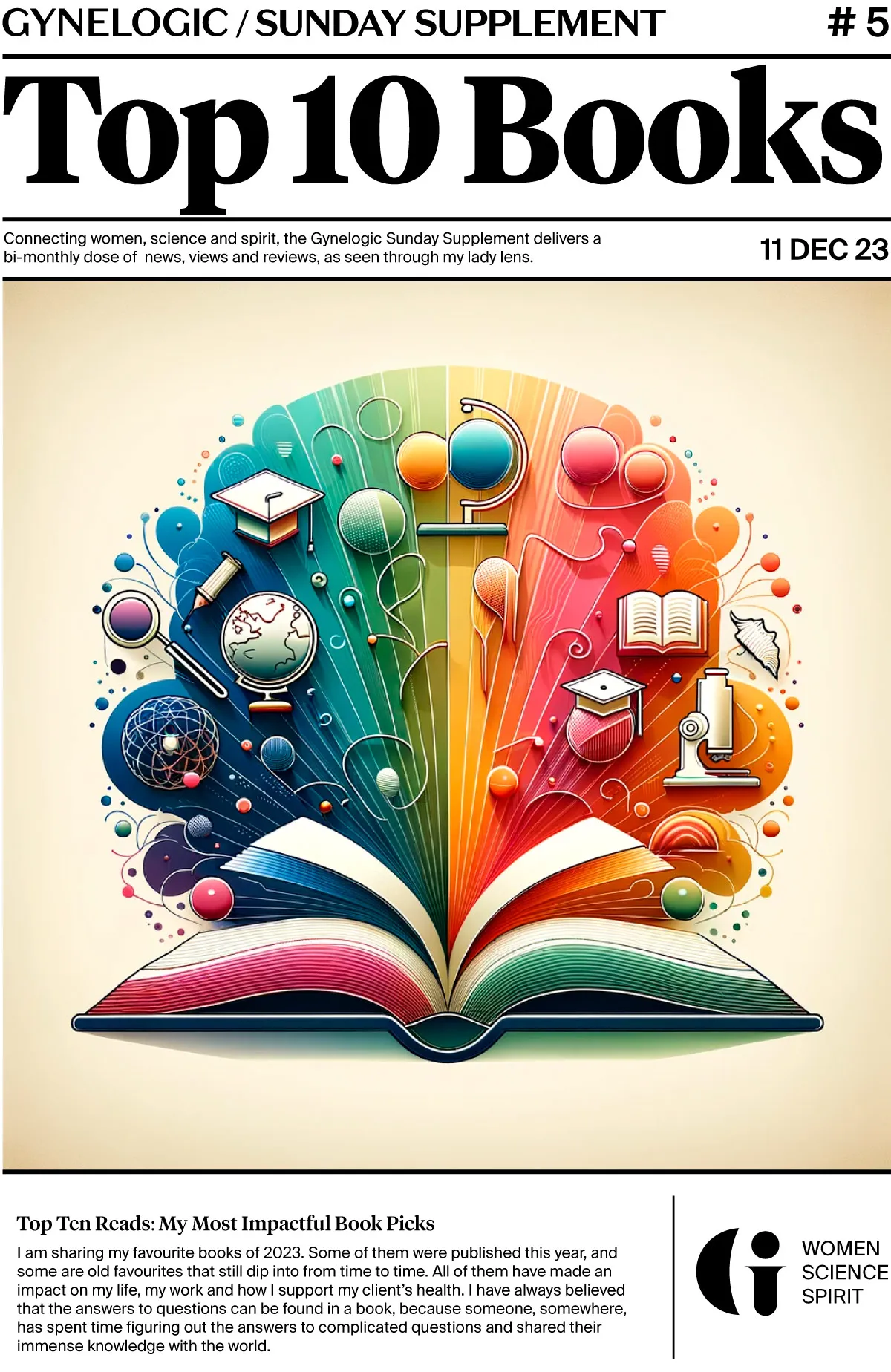People who have been pregnant or have breastfed a baby are less likely to experience an early menopause. This may be because ovulation is temporarily stopped during pregnancy and slowed down during breastfeeding, maintaining a reserve of eggs for longer.
The team found that people who had experienced pregnancies that lasted at least six months had a lower risk of experiencing an early menopause – defined as menopause before the age of 45 – than those who hadn’t.
“We observed a linear trend,” says Langton. “Women who had one pregnancy had an 8 per cent lower risk, those who had two pregnancies had a 16 per cent lower risk, and those that had three pregnancies had a 22 per cent lower risk.”
The link isn’t explained by infertility, says Langton. Her team accounted for this by removing people who had reported that they were trying to conceive but hadn’t become pregnant from the study sample. “There was no difference in the results,” says Langton.
Breastfeeding also lowered the risk of early menopause. People who breastfed for a total of seven to 12 months over their lifetime who had any number of infants were 28 per cent less likely to experience menopause before the age of 45 than those who had breastfed for less than a month. Those who exclusively breastfed for a total of seven to 12 months over their lifetime and who had three pregnancies had a 32 per cent lower risk of early menopause.
JAMA Network Open DOI: 10.1001/jamanetworkopen.2019.19615







